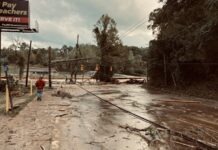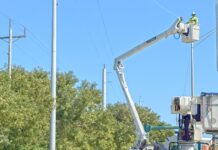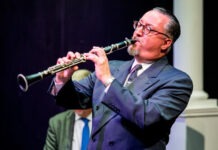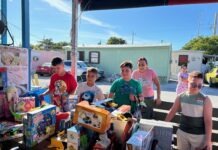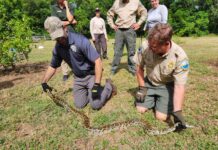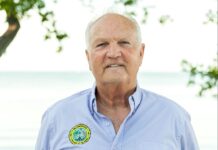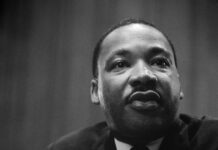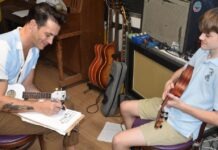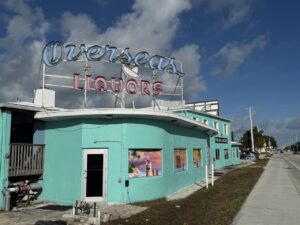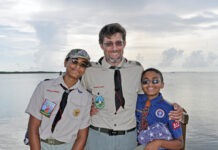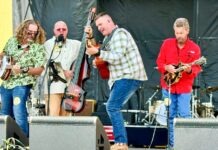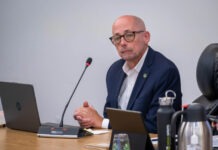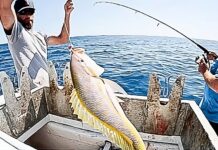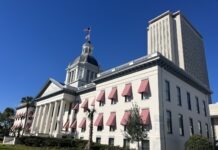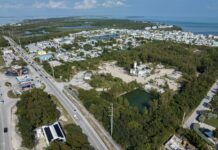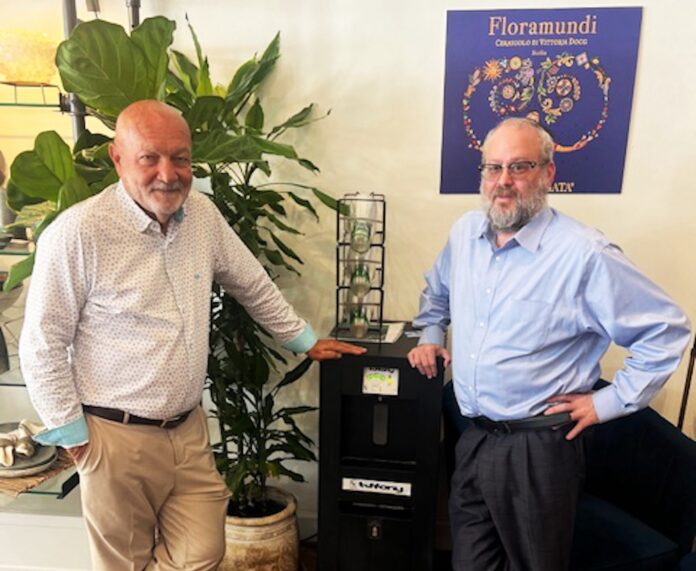
A Key West businessman, environmental consultant and Nobel Prize nominee made national political headlines last week when president-elect Donald Trump tapped him for a role in the incoming administration.
Ed Russo will chair Trump’s environmental advisory task force, Trump announced on social media on Jan. 10.
“I am pleased to announce that Ed Russo, an Environmental Expert, will lead our Environmental Advisory Task Force, which will advise my Administration on initiatives to create great jobs and protect our natural resources, by following my policy of CLEAN AIR and CLEAN WATER. Together, we will achieve American Energy DOMINANCE, rebuild our Economy, and DRILL, BABY, DRILL.”
Russo previously worked for Trump’s businesses as an environmental consultant for his golf courses. Some of the national news stories about Russo’s appointment mentioned the 2016 book he wrote, and its flattering title: “Donald J. Trump: An Environmental Hero.“
“That book was merely a chronicle of achievements,” Russo told the Keys Weekly. “I didn’t try to spin anything, My point was that if he, Trump, did all these things, then he should get credit, and anyone who didn’t do any of those things can’t criticize.”
“I’ll report to the incoming administration and to Trump directly,” Russo told the Keys Weekly on Jan. 13. “He has some specific tasks for me to work on, like water resource management needs and specific land-use planning in California, obviously. I’ll also be able to put together teams to address the president’s clean air and clean water priorities,” including drinking water and the marine environment.
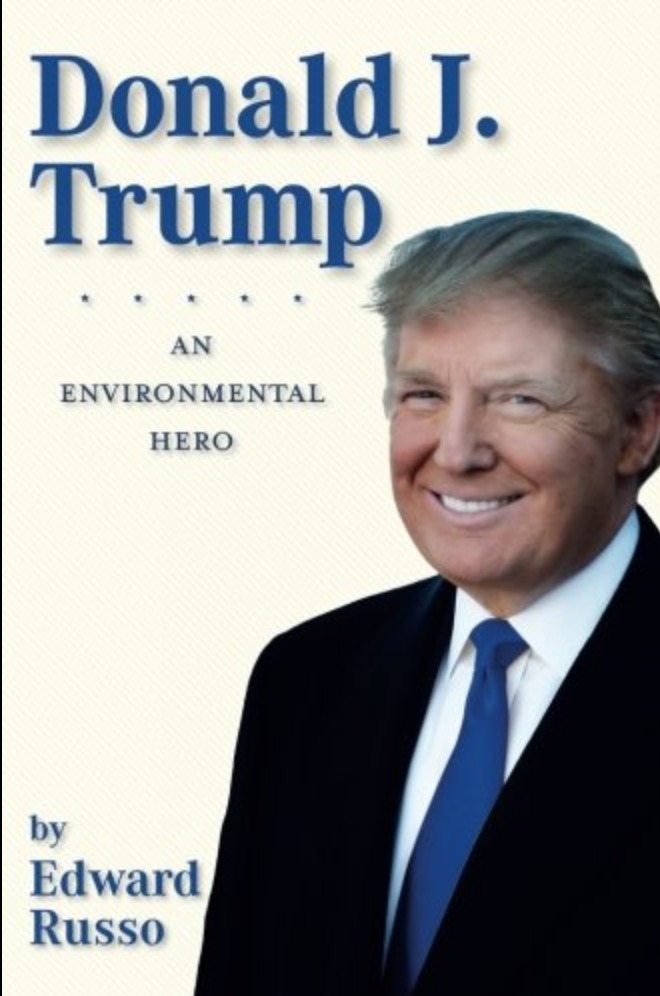
Russo knows a thing or two about clean drinking water. He and his business partner, Yehuda Kaploun, an Orthodox Jewish rabbi in Miami, were nominated for a Nobel Peace Prize for using atmospheric water technology to create clean, healthy drinking water from the air.
Their company, RussKap, manufactures machines that remove moisture from the air and convert it to drinking water “at the point of need,” Kaploun told the Keys Weekly in June 2024, rather than having to transport it long distances through a pipeline.
The RussKap machines can produce 200 gallons of water a day and are being used in 45 countries for disaster relief, humanitarian and military operations, often where drinking water is contaminated due to pollution, natural disasters or limited natural resources.
“Clean water is the international language of peace,” Kaploun said last year. “Water is not political; it’s personal and it’s the most basic requirement for human life. I have no respect for people who want to politicize a humanitarian water crisis, but are not willing to fix it.”
Russo’s new position does not require Senate confirmation, so he does not need to divest himself of his businesses, and he plans to remain on the boards of Reef Relief and the Florida Keys Environmental Coalition.
“But I did have to resign from the Key West Planning Board, which I regret, because I really enjoyed that,” Russo said.
Russo said last week that he also wants to develop an energy plan — one that considers more than “drill, baby, drill.”
“One form of energy can’t do it all,” he said. “But emerging technology is resulting in new techniques and methods of producing and managing energy. So we’ll put together a plan to know the types of energy we want to use over the next 30, 50, 80 years.”
He complimented Trump’s commitment to “practical, reasonable approaches” to water quality, and emphasized his commitment to helping the Florida Keys from the federal level.
Russo has an office and an apartment in Washington, D.C., though he and his wife, Jennifer Hulse, a Key West attorney and business owner, are still figuring out the logistics of how and where they’ll spend and split their time.

